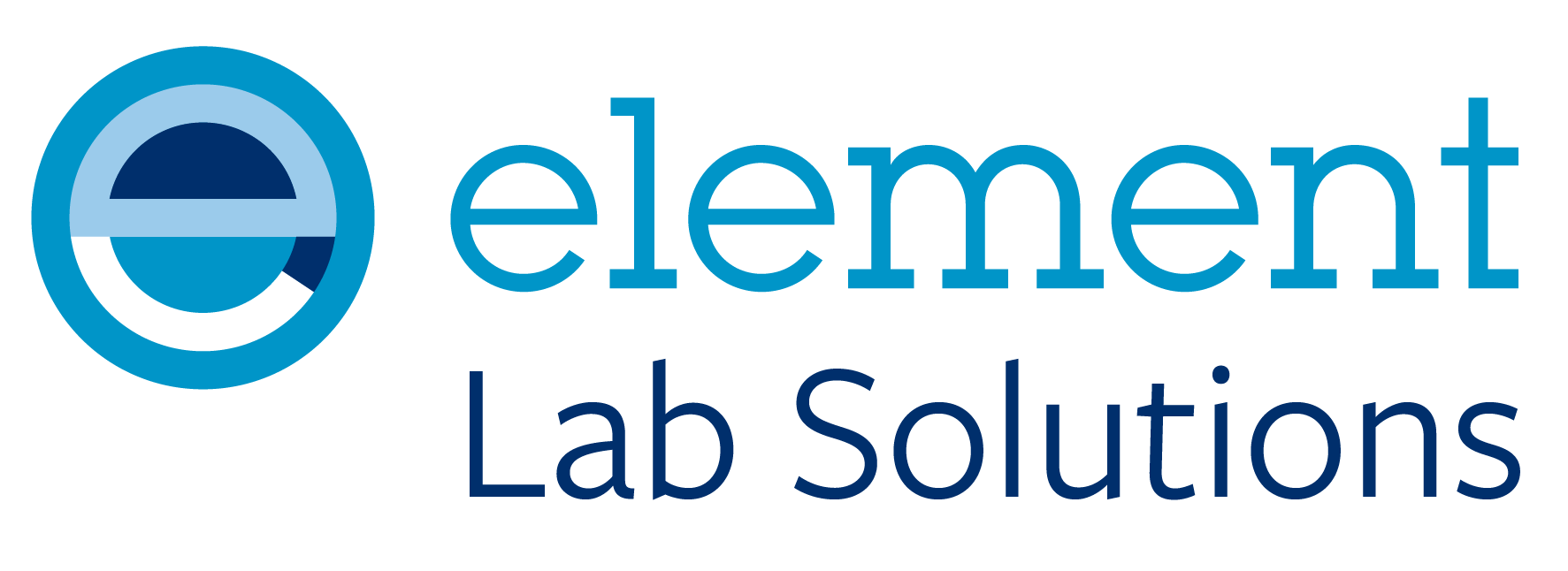LC-MS FOR OLIGONUCLEOTIDES
TRAINING COURSE
As oligonucleotide-based therapeutics and diagnostics continue to expand, so too does the need for analysts who can accurately characterise and sequence these complex molecules using liquid chromatography–mass spectrometry.
LC-MS for Oligonucleotides provides the strong foundation designed for scientists and analysts working with oligos in research, development, or QC. This course builds confidence and technical understanding in both high-resolution and low-resolution MS workflows, fragmentation and deconvolution. The material is carefully designed with extensive embedded workshop content to practice skills as they develop during the training.
This course is ideal for analytical scientists, mass spectrometrists, and lab personnel involved in oligonucleotide R&D, bioanalysis, or QC - particularly those who are expanding into large molecule analysis, or needing to characterise or sequence oligo-based materials.
LC-MS FOR OLIGONUCLEOTIDES COURSE DETAILS
- Nucleotide Fundamentals: Structure, solution chemistry, and fragmentation behaviour
- Isotopic and Charge State Interpretation: Understand A+n contributions, multiple charging, spectral deconvolution and accurate molecular weight characterisation.
- MS/MS Fragmentation: Charge-driven mechanisms, diagnostic fragment ions, and spectral interpretation
- De Novo Sequencing: Apply the a/b/c and x/y/z ion series to confirm oliginucleotide sequences
- In-source CID, pseudo-MS3, and modified oligonucleotide analysis Interpretation
We offer flexible delivery options for this instructor-led course:
- On-site: 2 days at your lab or any location of your choice.
-
Online: 4 half days.
View our online training calendar for upcoming dates.
Experienced in small molecule LC-MS.
-
Foundation
- Nucleotide Structure
-
Oligonucleotides
- Bond formation
- Unit accurate weights
-
Ionisation and Multiple Charging
- Explanation of m/z
- A+1 delta
- Deconvolution of low resolution spectra
-
Carbon 13 isotopes
- HRAM instruments
- Isotopic abundance
- Contribution at A+n of high molecular weight compounds
-
Multiple Charging (2)
- Combining high molecular weight A+n with multiple charging
- Deconvolution of high molecular weight compounds from HRAM spectra using A+n delta
- Effect of charge state by combined -ve and +ve adduction
-
MS/MS Fragmentation Mechanisms of Oligonucleotides
- Ionisation site formation and stabilisation
- Charge migration fragmentation
- Effect of ion charge state of fragmentation spectral quality
- Structurally important fragments
- Fragment abundance
-
MS/MS Denovo Oligonucleotide Sequencing
- Effect of charge state on fragmentation
- Optimisation of parent ion selection and Q2 energy
- 5’ series deletions – a, b, c, d - Individual types with workshops - Combined types with workshops
- 3’ series deletions – w, x, y, z - Individual types with workshops - Combined types with workshops
- Combined a, b, c, d and w, x, y, z series spectra
- Fragmentation spectra containing different charge states
- Dehydrated fragments
- Isobaric fragments
- Internal fragments
- Base deletions
- Pseudo MS3 fragmentation




